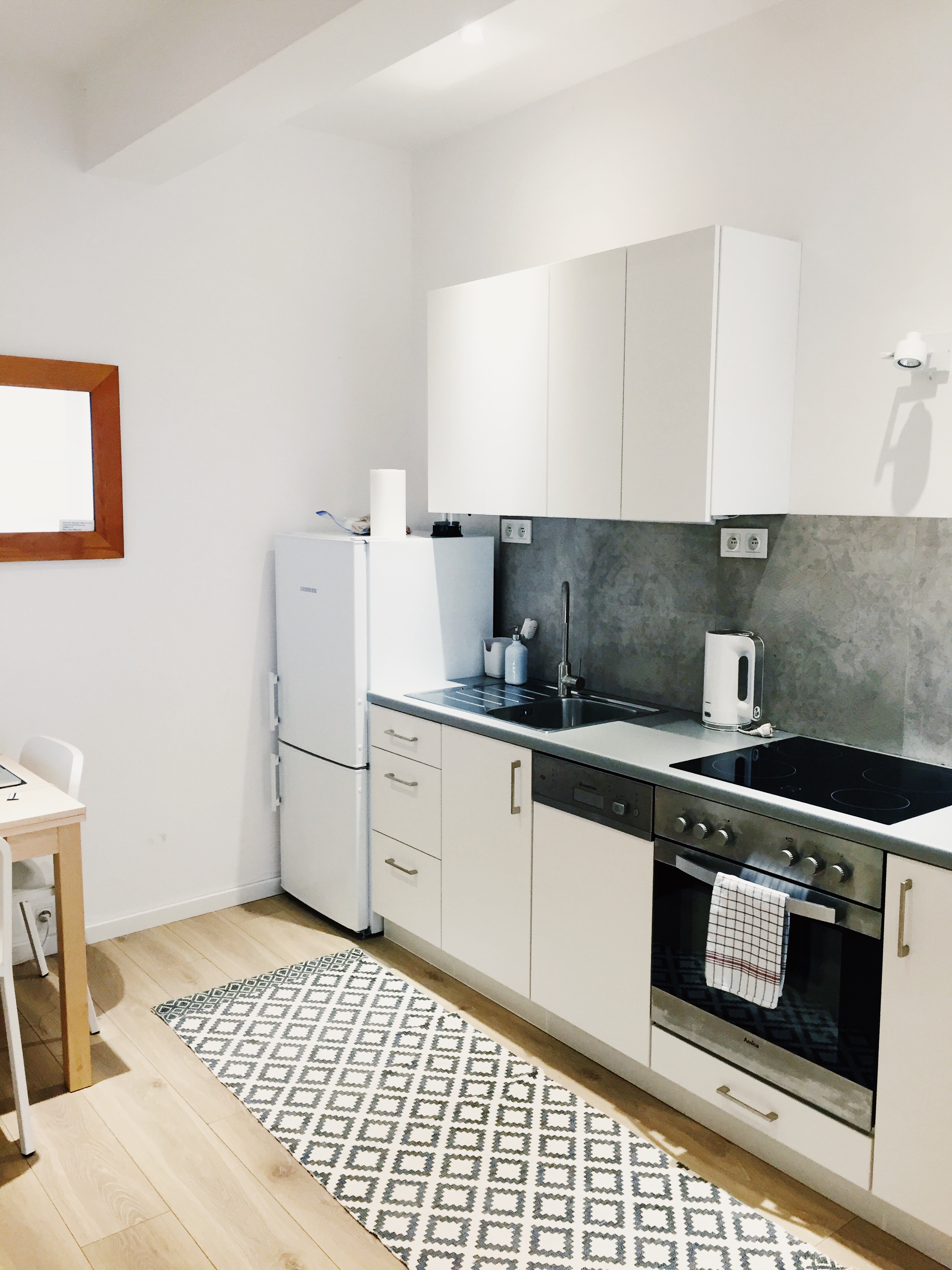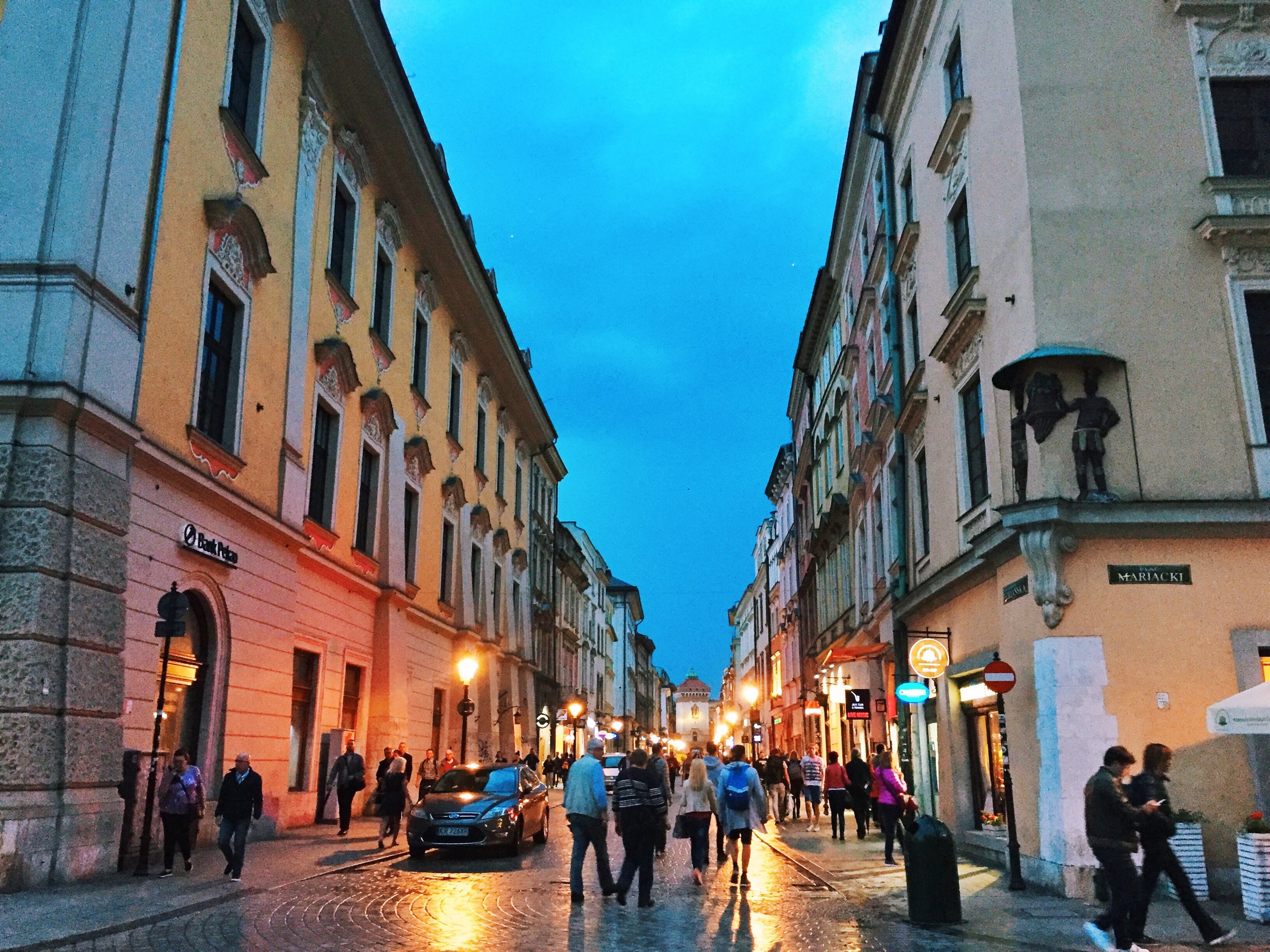Kraków is a captivating place. Aesthetically, it is your quintessential European city with cobblestone streets, colourful buildings, and expansive public spaces for everyone to enjoy. However, I found Kraków to be different. The country’s turbulent past is evident in the memorials, museums, and sobering sites of Nazi Europe dotted throughout the city. Kraków remembers it’s history. During my seven days in Poland, I learned more than I could have ever imagined about this magnificent country, and the extraordinary resilience of the Polish people.
Despite it raining our entire time in Kraków, we fit in lots of sightseeing, museums and galleries, Polish vodka, and delicious meals. We visited the Wieliczka Salt Mine, one of the world’s oldest salt mines and a UNESCO World Heritage Site, reaching a depth of 327 meters underground. We went to both the Museum of Contemporary Art in Krakow and Oskar Schindler’s Enamel Factory Museum on Lipowa Street. We enjoyed croissants at Charlotte, dinner at Wesoła Cafe, and massive burgers at a New Zealand-inspired fast food joint called Moaburger. We also celebrated the bachelor and bachelorette with bar hopping in Kazimierz, the Old Jewish Quarter.
Most notably was our visit to Auschwitz-Birkenau in Oświęcim, something I have been wanting to do for a long time. We so often learn about history, but have trouble relating because of how distant these events are from our own reality. After reading the memoir By Chance Alone by Max Eisen, who is a Canadian survivor of Auschwitz, I knew I had to go to try and understand the sheer magnitude of terror, suffering, and injustice that occurred in this place after horrific ideologies spread across Europe. Visiting Auschwitz is an experience I will never be able to put into words.
On a more light-hearted note, we found Kraków to be a city rich with culture ready to explore and experience - a great destination for those on a budget or with money to spend.



















































































